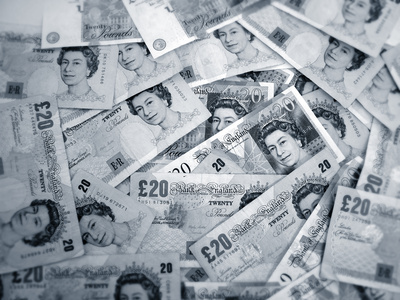Last Updated on Feb 28, 2020 by James W
Left, right, and center you’ll come across conflicting advice as to which is better for your wallet: credit, debit, or cash. Instead of following the propaganda of card companies, we thought it would be best for you to make your own mind up. Here are the pros and cons of each option, so you can make an informed decision:
Credit Cards
When you make purchases off your credit cards, you’re essentially taking out a loan with your service provider. As soon as you get the bill through the door, you’re obligated to pay back the lump sum in full. If you, for some reason, find yourself in a position where you can’t meet this payment, interest rates and fees will make a huge dent in your salary.
For large purchases credit cards cover you under the Fair Credit Billing Act. This means that if you receive a fraudulent, damaged, or undelivered product, you can get in contact with your credit card company and they’ll make sure you’re reimbursed.
However, credit cards are notorious for creating vast sums of debt. If you decide to use a credit card and startincurring debt, you should go back to debit. Americans that use credit cards are saddled with, on average, debt that amounts to $16,635 (excluding mortgages).
Cash
Of course, you can’t just keep your salary stashed under your mattress, but by withdrawing the amount your budget allows every week, and keeping it in envelopes, you can manage your money better.
Stay away from ATMs and only spend what you can afford. Want a treat? You’ll have to set aside the sum total in a savings envelope and live off whatever is left. If you can’t live out of envelopes, it’s a good indication that you’re spending more than your means, which is a dangerous habit that can easily spiral out of control. Contact a UK IVA company for advice and start working in cash, not card.

No fees will be incurred and cash promotes fantastic spending habits. This is a great option for anyone who is struggling to keep on top of their expenditure or for families on a budget.
Debit Cards
Debit cards have a friendly relationship with your bank. When you make a purchase, the money is deducted from your bank balance. Overdrafts can be expensive to maintain, and you’ll incur charges if you spend more than the sum of money in your account. Debit cards are better for promoting good spending habits and keep you out of any serious credit card trouble.
The only other debt-buster available is cash, but keeping vast amounts of money on your person or in your house can feel unsafe. Debit accounts offer the security that a shoe box and a couple of envelopes just can’t provide. Although, you do lose out on some of the money management benefits, debit cards are better than credit cards for staying debt-free.




